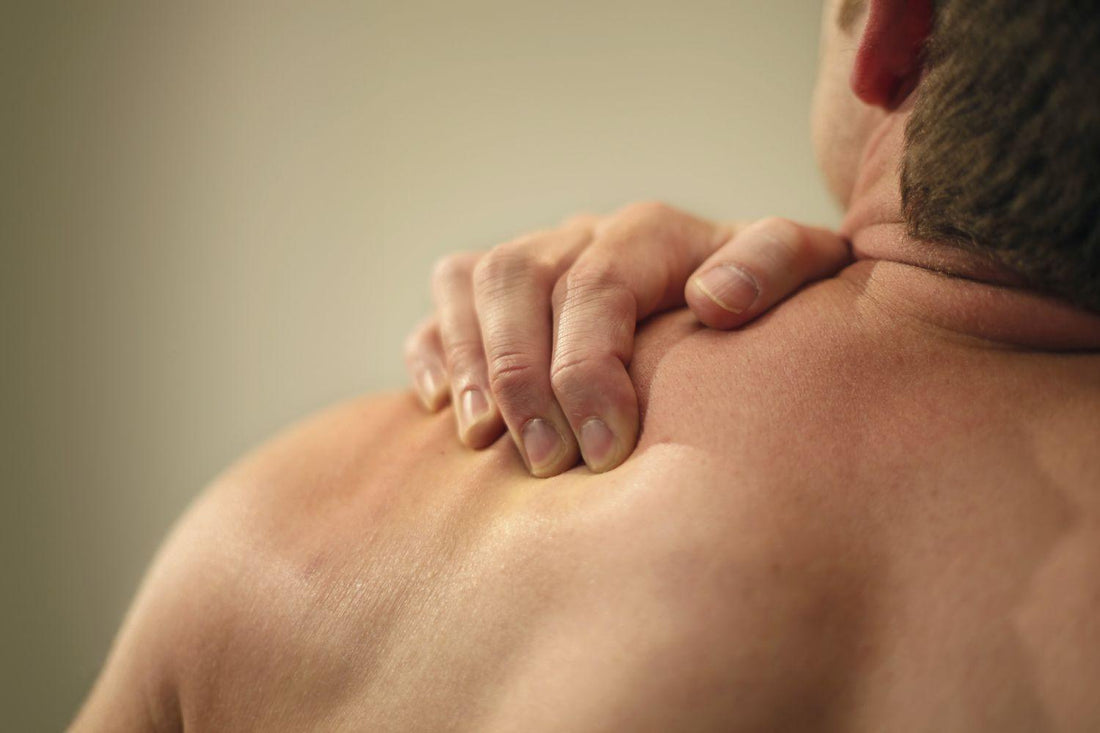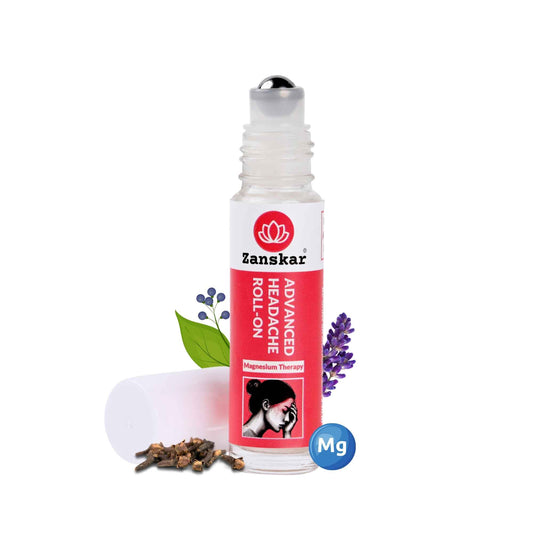
Understanding Muscle Pain and Weakness in Thyroid Disease

Muscle disease, or myopathy, may occur because you have an underactive thyroid (hypothyroidism) or an overactive thyroid (hyperthyroidism). Muscle problems related to these medical conditions are usually mild. Treatment of your thyroid disorder can help ease the symptoms. However, in some rare cases, myopathy related to thyroid disease can be severe and debilitating.
By better understanding the muscle symptoms of thyroid disease, you'll be able to manage your discomfort or weakness. This article will talk about thyroid disease and how it can cause pain and weakness. It will discuss thyroid muscle disease symptoms and how a healthcare provider can diagnose and treat the disease.


Hypothyroid Myopathy
Muscle weakness, aches, and cramping are frequently seen in individuals with hypothyroidism.
1. Symptoms
Those with hypothyroid myopathy may experience widespread muscle weakness, particularly in the thighs and shoulders, making activities like climbing stairs or combing hair difficult.
In rare cases, hypothyroidism can cause severe muscle symptoms, such as Hoffman's syndrome, where muscle hypertrophy (enlarged muscles) occurs, leading to significant muscle stiffness, weakness, and pain. Hoffmann's syndrome can affect various body parts, including the arms, legs, and sometimes facial muscles, including the tongue.
Rhabdomyolysis, a condition characterized by rapid muscle breakdown, is another rare complication of hypothyroidism, often triggered by strenuous exercise or the use of statins (cholesterol-lowering medications).
2. Causes
The exact cause of hypothyroidism-induced myopathy remains unknown, but some experts believe that thyroxine (T4) deficiency in hypothyroidism leads to muscle injury and impaired function.
3. Treatment
Treatment with thyroid hormone replacement medication, such as Synthroid (levothyroxine), typically improves symptoms. Muscle cramps and stiffness may take weeks to improve, while muscle weakness can take several months to resolve.
Hyperthyroid Myopathy
Hyperthyroidism can also cause muscle weakness and sometimes cramping, but the symptoms differ from those associated with hypothyroid myopathy.
1. Symptoms
In hyperthyroidism, muscle weakness is mainly experienced in the shoulders, upper arms, hips, and thighs. While muscle cramps and aches can occur, they are less common than in hypothyroid myopathy. This weakness can make it difficult to climb stairs, rise from a chair, hold or grip objects, and reach arms above the head.
People with hyperthyroid myopathy may also experience weakness in the throat, face, and respiratory muscles. In rare cases, this can affect swallowing and breathing.
2. Causes
The causes of myopathy in hyperthyroidism are not well understood. It is suggested that high thyroid hormone levels may increase muscle protein breakdown and energy use in muscles.
3. Treatment
Treating the underlying hyperthyroidism generally cures hyperthyroid myopathy. However, recovery can take several months, even after normal thyroid function is restored.
Summary
When you have thyroid disease, you might experience muscle weakness and pain, especially if your thyroid hormone levels are not where they should be. Hypothyroid myopathy tends to cause muscle weakness in the larger muscles of the body, typically the shoulders and thighs. Hyperthyroid myopathy causes muscle weakness throughout the body that may rarely affect the muscles that control swallowing and breathing.
Both types of myopathy improve with treatment of the underlying thyroid disease, but it can take time for symptoms to get better.
Learn More About Zanskar Health
If you have joint or muscle pain that makes it hard to move, Zanskar offers the most advanced full stack pain relief solutions for you.
Now available to purchase, Zanskar® Advanced Pain Care Products have a unique formulation of natural bioactive ingredients and provide lasting relief from muscle and joint discomfort that you can feel good about. Get your fix before stocks run out - buy now.
You can also gain access to therapeutic exercises and stretches for your condition by downloading the Zanskar Health physiotherapy mobile app. Additionally, you’ll have a personal care team to guide, support, and tailor our program to you, including behavioral and nutritional coaching.
Download our mobile app here 👉 download and track your exercise streak.
Medical Review: This article is written by Dr Nishtha Mittal (Senior Health Content Editor at Zanskar Health) and has been medically reviewed by the medical team at Zanskar Health. This article and its contents are provided for educational and informational purposes only and do not constitute medical advice or professional services specific to you or your medical condition.







